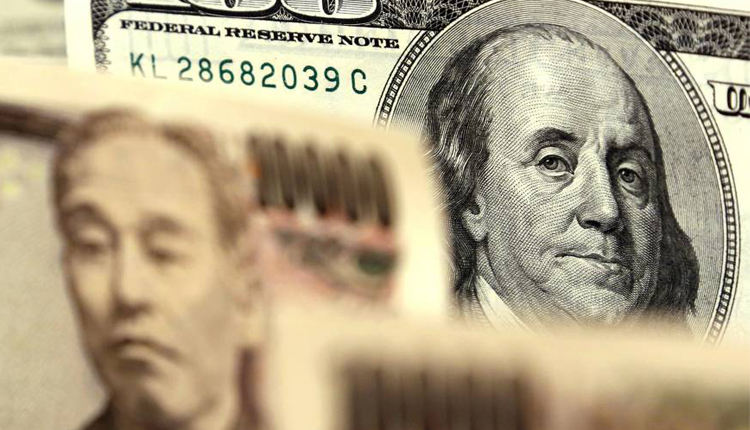The sharp decline of the yen below 150 against the dollar complicates matters further for the Bank of Japan (BOJ), which is trying to decide when to raise interest rates for the first time since 2007, Bloomberg reported on Wednesday.
The majority of BOJ observers predict that Governor Kazuo Ueda will increase the policy rate in either March or April. The yen may gain some speedier support if the rate were raised sooner, but analysts note that the central bank will be hesitant to appear as though it is only reacting to changes in the market.
“There’s no doubt the yen has become a more important factor for the end of the negative rate,” Yuichi Kodama, chief economist at Meiji Yasuda Research Institute told Bloomberg.
“I don’t rule out the chance of liftoff in March, but my base case is still April as long as the yen stays around this level.” He added.
After hotter-than-expected U.S. inflation data reduced expectations of an early rate cut by the Federal Reserve, the dollar strengthened sharply against the yen overnight. As a result of the action, Japan’s top currency official issued the strongest caution against speculative market movements in months.
The yen dropped as low as 150.89 per dollar in the early hours of Wednesday in Tokyo, prompting Masato Kanda, vice finance minister for international affairs, to make a vague reference to the possibility of currency intervention. Additionally, he restated that close communication exists between his ministry and the BOJ and that the government respects any policy decisions made by the BOJ.
When the yen’s value dropped to its lowest point in decades in 2022—as close as 152 against the dollar—Japan intervened directly in the foreign exchange markets three times.
The yen has depreciated against the dollar the most this year—roughly 6.4 per cent—among the major currencies. Takeshi Minami, head economist at Norinchukin Research Institute, believes that as the Fed moves closer to a rate cut and the BOJ hikes, the currency trend will eventually reverse course later this year.
“I don’t expect the yen to fall so much from here, so it’s unlikely the BOJ will rush to ditch the negative rate just because of the yen,” Minami stated.
Since December 2022, the BOJ has already reduced the amount it suppresses bond yields. These three changes to the yield curve control program were perceived by those who follow the BOJ as an attempt to lessen pressure on the yen.


